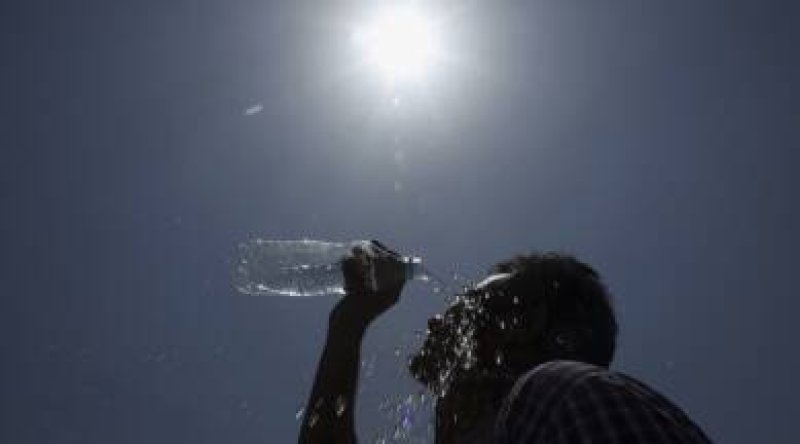TRENDING TAGS :
Heatwave Claims Lives in North India: Elderly Advised to Stay Indoors
Rising temperatures lead to 34 deaths and power outages in Uttar Pradesh
At least 34 individuals, all over the age of 60, have tragically lost their lives in the past two days due to an intense heatwave engulfing the northern Indian state of Uttar Pradesh. As temperatures soar, doctors are urging senior citizens to remain indoors during the daytime for their safety.
The fatalities occurred in Ballia district, situated around 300 kilometers southeast of Lucknow, the capital of Uttar Pradesh. According to Chief Medical Officer Jayant Kumar, 23 deaths were reported on Thursday, followed by 11 more on Friday. Most of these individuals had preexisting health conditions, which were exacerbated by the extreme heat. Causes of death included heart attacks, brain strokes, and diarrhea.
Ballia experienced record-breaking temperatures, with the mercury soaring to 42.2 degrees Celsius (108 degrees Fahrenheit) on Friday, surpassing the normal average by 4.7 degrees Celsius (8 degrees Fahrenheit), according to the India Meteorological Department.
The heatwave has resulted in widespread power outages across the state, leaving residents without running water, fans, or air conditioners. Frustrated by the situation, many people have taken to the streets in protest.
Addressing the public, Uttar Pradesh Chief Minister Yogi Adityanath assured citizens that the government is taking necessary measures to ensure an uninterrupted power supply throughout the state. Adityanath emphasized the importance of cooperation from the public in using electricity judiciously.
April, May, and June are traditionally hot months in India before the arrival of monsoon rains, but temperatures have been increasingly severe in recent years. Heatwaves in the country often coincide with acute water shortages, impacting tens of millions of people.
A study conducted by World Weather Attribution, an academic group focusing on extreme weather events, revealed that climate change has made extreme heatwaves, such as the one experienced in April, at least 30 times more likely in certain regions of South Asia.
In April, scorching temperatures resulted in the deaths of 13 individuals during a government event in Mumbai, India's financial capital. Several states also temporarily closed schools to protect students from the heatwave's impact.
As temperatures continue to rise, it is crucial for authorities and communities to address the challenges posed by extreme heat and work towards implementing effective mitigation strategies to safeguard vulnerable populations.



